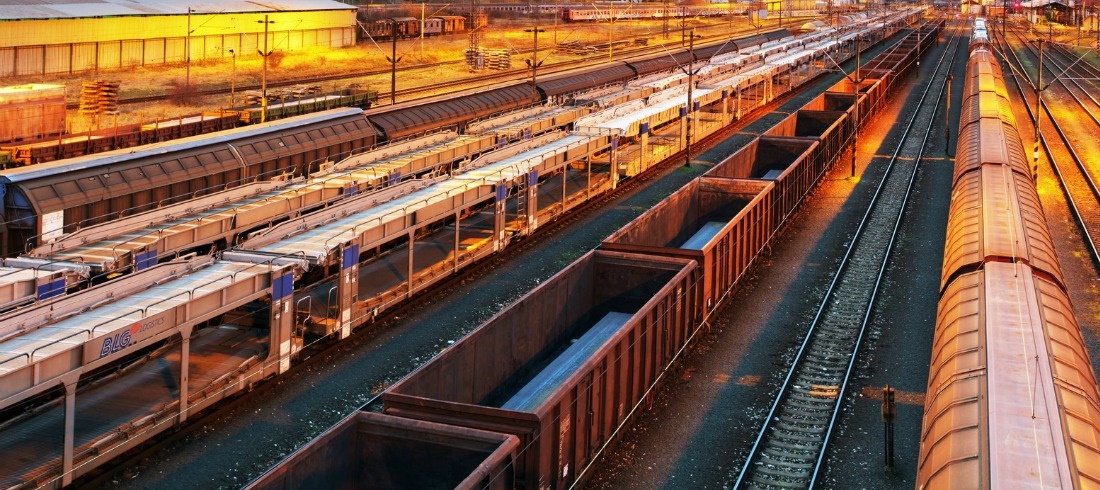
First grain container train from Ukraine arrives in port of Riga
Oct, 13, 2023 Posted by Gabriel MalheirosWeek 202340
The company “Rīgas Universālais Termināls” received and unloaded the first test train with Ukrainian cereal products, which was delivered to the Freeport of Riga by SIA LDZ CARGO, a subsidiary of the SJSC “Latvijas dzelzceļš”.
In particular, 1,423 tons of rapeseed from Ukraine were delivered in 54 boxes. Containers from Ukraine arrived at the port of Riga in Latvia via the Kaunas intermodal railway terminal, where they were loaded onto the platforms of SIA LDZ CARGO to be delivered to Riga.
According to Rigas Universalais Terminals, currently, Ukrainian rapeseed has been unloaded and stored in RUT warehouses.
Edgars Rudzītis, head of the bulk warehouse department of the company RUT, said, “the terminal, being equipped and ready for the acceptance of grain container trains from Ukraine, is boasting the necessary technologies for container processing, as well as warehouses and suitable infrastructure for storage and loading of bulk cargo.”
Containers from Ukraine were shipped on 25 September, were reloaded in Kaunas onto the SIA LDZ CARGO platforms on 8 October, and the platforms reached the Port of Riga three days later and cargo unloading was started at the Riga Universal Terminal.
Railway transportation was organised by SIA LDZ CARGO in cooperation with the Client – SIA “LTG Cargo Ukraina”, within the framework of the cooperation agreement concluded in November 2022.
Source: Container-News
To read the original news piece, please visit: https://container-news.com/first-grain-container-train-from-ukraine-arrives-in-port-of-riga/
-
Shipping
Dec, 10, 2020
0
Court upholds vessel-sharing agreement between Maersk and MSC for container shipping
-
Other Logistics
Feb, 07, 2022
0
Global seaborne trade volumes forecast to grow 3.4% this year
-
Blog Statistics (ENG)
Aug, 29, 2024
0
Commodities Ranking for East Coast South America | Jan-Jul 2024 vs. Jan-Jul 2023 | DataLiner
-
Shipping
Nov, 25, 2019
0
Maritime transport agreement between Brazil and Chile ends

